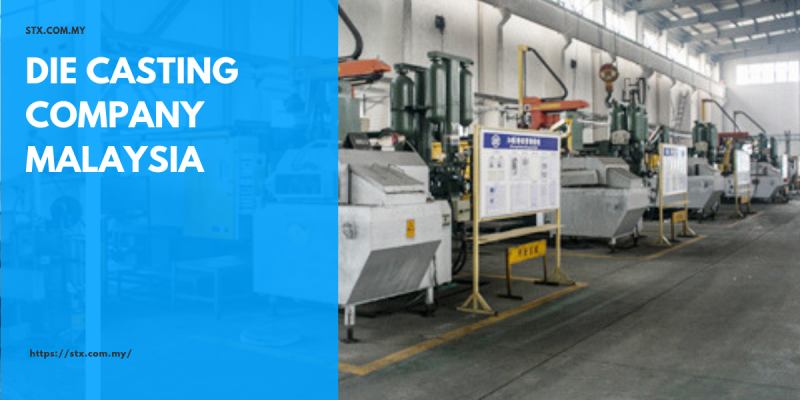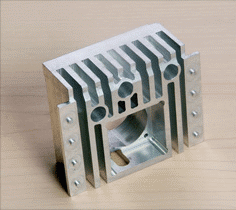Die Casting is a metal mold that is made up of several parts made of steel (Hot Working Steel). The basic properties of Die Casting materials are heat yield strength, resistance to tempering, thermal expansion coefficient, thermal conductivity and ductility.
The use of this method is suitable for manufacturing thin walled objects both in households, motor vehicles, small appliances, and electric motors, which means they are likely to be made by the die casting industry. Measuring precision and objects with good surface quality, and excessive size can be avoided. Die casting provides several technical and economic advantages, not only because of its high manufacturing power, but also the very short processing time between raw materials and products. Castings are generally made of non-ferrous metals, especially zinc, aluminum, magnesium, copper, lead, lead and other metals. Die Casting is suitable for a variety of sizes, small, medium or large. This level of flexibility places this process with the highest number of users in the metalworking industry.
In short, the die casting process is the material is melted and then injected into a mold with high pressure and speed, so it needs equipment with special materials such as tools for compressing also dies that must be made of hardened steel tool. This die casting process cannot use dies made of sand, because it will fall out when it receives pressure and fast material flow. The die-casting process always follows the sequence of the dies closing and locking, the material is injected into the dies and held for a while, the dies are opened, the ejector works to remove the product from the dies.
For more information about Die Casting Company Malaysia, please visit https://stx.com.my/



